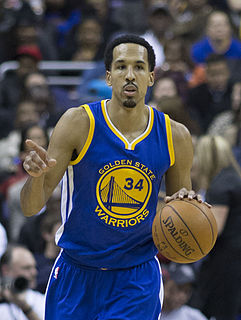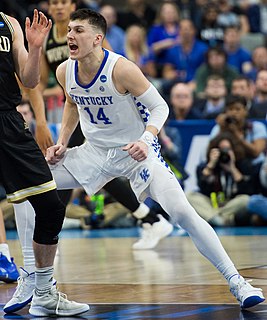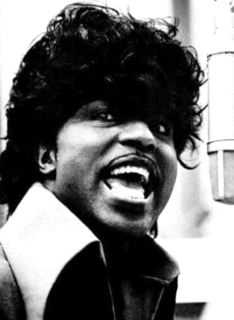A Quote by Damien Chazelle
I love being in the editing room and playing with tempo and with the rhythm of shots.
Related Quotes
All three parts of filmmaking [writing, shooting, editing] contribute to rhytm. You want the script to be a tight as possible, you want the acting to be as efficient as possible on the set, and you have enough coverage to manipulate the rhythm in the editing room, and then in the editing room you want to find the quickest possible version, even if it's a leisurely paced film. I definitely in filmmaking more and more find writing and directing a means to harvest material for editing. It's all about editing.
Although the assembly of the shots is responsible for the structure of the film, it does not, as is generally assumed, create its rhythm; the distinct time running through the shots makes the rhythm of the picture, and the rhythm is determined not by the length of edited pieces, but by the pressure of the time that runs through them. The pieces that 'won't edit', that can't be properly joined, are those which record a radically different kind of time
There's the internal rhythm within a sequence, and then there's the rhythm between the sequences, and that's extremely important in constructing the narrative. For example, you don't put two big dramatic scenes right next to each other. But you can use the rhythm of the transition shots; they can often serve a double purpose.




































